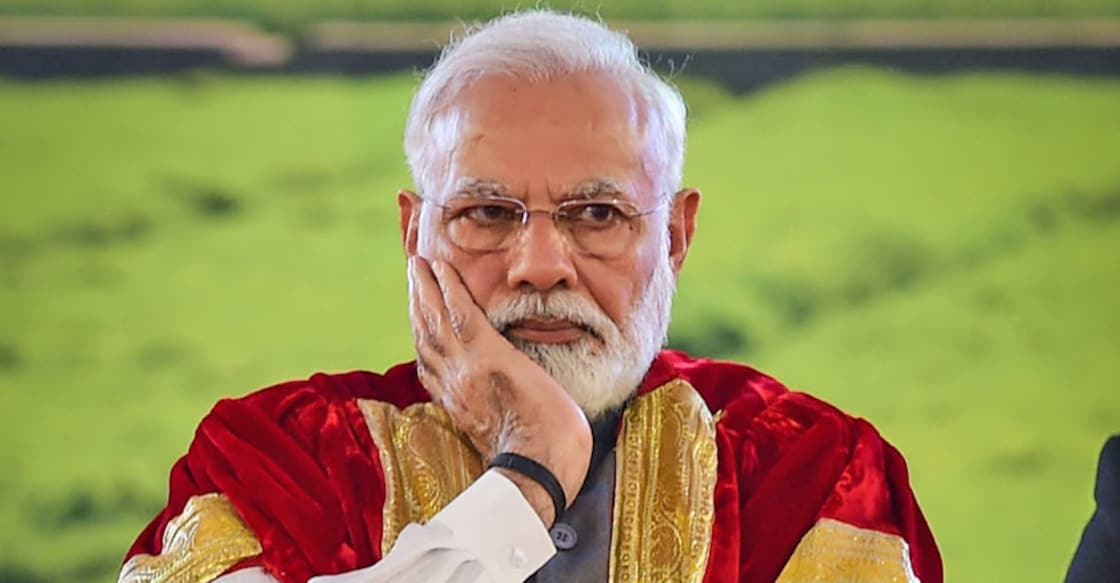A challenging year awaits PM Modi after bittersweet 2019 | National Scrutiny

Mail This Article
For Prime Minister Narendra Modi 2019 has been a tumultuous year of extreme highs and distressing lows. It began with high tensions with Pakistan, the terror attack on security forces in Pulwama and the swift aerial response by bombing Balakot inside Pakistan. Riding high on the military successes and other favourable factors, the BJP swept to power with a bigger mandate than 2014 and dominated the Parliament for the second half of the year, making fundamental changes in Jammu and Kashmir as well as in the definitions of citizenship. The Supreme Court too gave its long-pending Ayodhya judgment favouring the political stand of BJP.
But it has been bittersweet, with the economy slowing down leading to distress in several sectors like power, telecom, textiles and real estate. Banking sector is seeing newer frauds despite the tough anti-corruption drive in the last five years. And now the cities are teetering with tension over the citizenship law which has frayed the country's relations with important neighbours. But the amended citizenship law as well as significant changes in Jammu and Kashmir have satisfied Modi's core constituency in the country and the overseas diaspora. There is pressure from within the Cabinet, the party and the RSS to push ahead with the Hindutva agenda set out in the party manifesto. Accordingly, foreign infiltrators would be identified and thrown out or at least kept in detention camps.
Modi, who tries always to project a face of confidence and certainty, has a challenging year ahead in 2020 and even beyond. Bibek Debroy, the chairman of Prime Minister's Economic Advisory Council, has estimated the economy's growth will be subdued for the next two years. The disintegration of the World Trade Organisation is likely to accelerate and trade negotiations with major economies of the world are yet to be concluded. On the domestic front, the opposition which was blasted by the Lok Sabha results has shown signs of a fightback due to political developments in Maharashtra and the anger over citizenship issues.
When he came to power, Modi had made an appeal to the country to keep contentious issues aside for 10 years for the sake of India's development and growth. He had promised to go the extra mile to build consensus to serve the national interest. Secondly, declaring himself as the Pradhan Sevak of the country he had promised not to take a holiday and work one hour more than anyone else.
Atal Bihari Vajpayee, the first BJP prime minister, took a break at the year end to declutter his mind and think about the next year's action plan and even share philosophical musings on the nation's directions. Modi is not a poet or philosopher like Vajpayee. He believes in nonstop activity of meetings, travels and telephone calls. As he has to get the nation out of the economic and social stresses encountered by his government in 2019, Modi may benefit from consultations beyond the circle of ministers, political leaders, bureaucrats and advisers. He has also take a hard look at the performance of his core teams at the national and state levels.
A new thinking on tackling the old problems can change the national mood. Recently, former president Pranab Mukherjee had said even when governments get big majority in the Lok Sabha, they do not get majority of the popular vote and stressed on the need to reach out to those who have not voted for the government. Modi may have to heed this suggestion.


